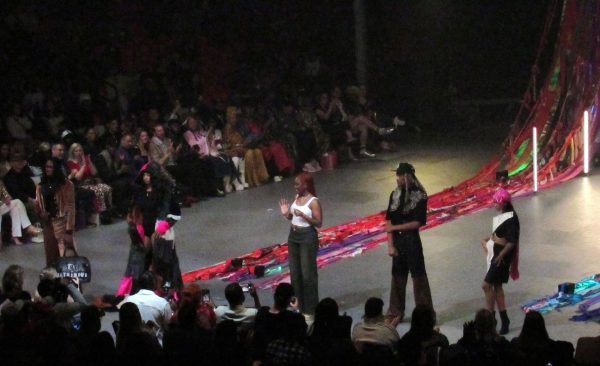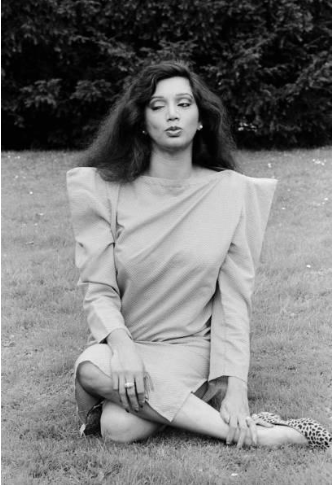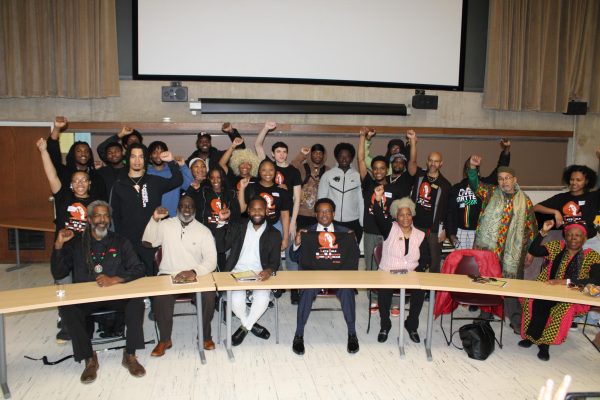Book-to-movie phenomenon a hit in some cases, misses in others
It’s no secret that Hollywood screenwriters have a knack for spinning iconic literature into gold. And these days, it’s becoming harder and harder to name a novel that hasn’t been adapted to the big screen.
Should filmmakers keep adapting books into films? Or has Hollywood ruined some classic stories that would have been better left on paper?
The Great Gatsby, a classic novel by F. Scott Fitzgerald, was first adapted to the screen by Jack Clayton in 1974. The latest production was released this past summer, casting Leonardo DiCaprio as the wealthy, tormented title character. It was a hit with college students because of director Baz Luhrmann’s creative vision and choice of actors.
Christina Metauro, treasurer of Casting Hall Productions and proclaimed lover of both literature and film, finds it exciting to see a story translated from printed pages to the silver screen, and felt The Great Gatsby’s journey was a clear success.
“It has always been one of my favorite books and the film did a good job of telling the story,” Metauro said. “I like the director Luhrmann’s abstract style, which I think enhanced the film. And the actors fit their characters well.”
Brittany Wysocki, vice president of Casting Hall Productions, feels that when viewing films, audience members need to remember that the movie being viewed is one particular director’s vision. She is a big proponent of books being adapted for film, with the opinion that the film has the opportunity to have a life of its own.
The Great Gatsby is a good example of a movie that prospered because of the modern perspective the director brought to a classic tale.
“Each film adaptation is one director, one production’s version of that story,” Wysocki said. “And stories will always be recreated and interpreted differently, which is why you see the movie industry reaching into history for classics like The Great Gatsby. You can place admirable actors (like DiCaprio) who bring new life to a previously traditional book.”
Metauro supports books being made into films, but feels there are still things the power of words can do that the cinema cannot.
“Those who read a book have their own image of things,” Metauro said. “When words are printed on paper, it is easier for someone to be creative about how a character looks, acts, sounds, because the author may not always explicitly tell that to the reader. A film limits the imagination because it is being portrayed in a certain way.”
The Harry Potter series is another good example of a book series turned into a string of successful films. J.K. Rowling’s beloved novels are in homes across the world and the films have hit record breaking numbers at the box office.
Wysocki feels that the Harry Potter franchise is the best example of this because people can genuinely love the books or movies without having glanced at the other, but BSC-TV vice president Brian Purcell feels differently about the later productions.
“The Harry Potter films, in my opinion, are an example of when you do a terrible job of adapting to screen,” Purcell said. “As they make their way through the series, they stray away more and more from the books each time.”
Purcell was annoyed by the fact he was expecting an epic wizard battle at the end of the sixth movie, just like in the book, but that did not happen.
“It completely pissed me off,” Purcell said. “Now, I am a huge Harry Potter fan, and just to see them stray away from the books like that is a big slap in the face to the fans.”
The Hunger Games trilogy, by Suzanne Collins, is in the adaptation process as well. Catching Fire, the second book, will be on-screen in November. Students seemed to agree on how well they thought the director did with creating the film.
“The Hunger Games is an example of a book series doing it right for the most part because the production has extended the length of the film and paid attention to the details of the characters,” Wysocki said.
Media production major Jim Lewis is for the idea of books being translated into films, but thinks it is essential that the author works closely with the director and screen writer.
“They have to make it work to not lose the feel of the book,” Lewis said. “I feel a lot of times it (translating books to film) is misused and distorted.”
Overall, students were in agreement that keeping the integrity of the original novel is key. If Hollywood can’t stay faithful to the book, simply don’t translate it into a movie.
“When you’re producing a film based off a book, you are making it knowing full well that fans will come and see it,” Purcell said. “That is your target audience, and the best way of making them happy is to make it as true to the original book as possible.”
Caitlin Kupiec can be reached by email at [email protected].








